Serving The Wasatch Front Area
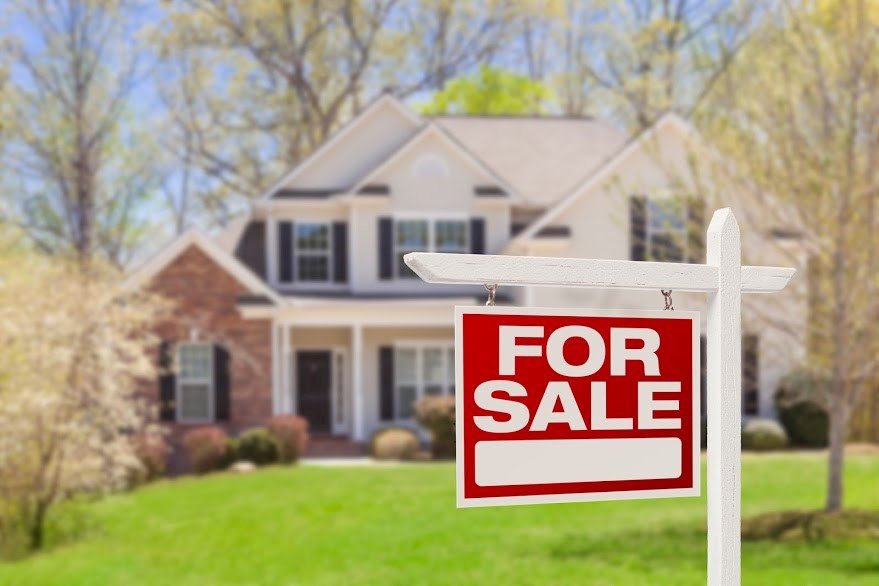
4 HVAC Tips for Homebuyers
August 24, 2020
If you are considering homes constructed or renovated in the
last few decades, then you are likely looking at houses with forced-air heating
and central cooling systems. These HVAC solutions constitute a significant part
of your new investment, so they bear scrutiny during the purchasing process.
Understanding the details and condition of homes you consider can help you to
make the best purchase.
HVAC systems can seem intimidating, but you don’t need to be
an expert to evaluate a few essentials. These four tips will help to guide you
during your house hunting adventure.
1. Use Your Senses
Your senses can help alert you to issues with a home’s
heating and cooling system long before you schedule a formal inspection.
Because of this, when you visit a home, pay attention to the interior
environment. Most sellers will probably try to keep their thermostat set at a
comfortable level during home tours, so a home that’s too warm or too cold can
be a warning sign.
Unusual temperature variations are another indication that
something may be amiss. The typical HVAC system may not be able to maintain a
perfectly consistent temperature throughout a zone, but extreme swings from hot
to cold are a red flag. In some cases, these issues may indicate severe design
problems such as poorly placed thermostats or incorrectly sized equipment.
2. Run the Numbers
Calculating the power required for an HVAC system to cool or
heat a home is relatively simple if you only need a back-of-the-napkin figure.
However, before you visit a home, ask about the capacity of the AC and heating
systems, and compare them to the overall square footage of the house. You can
then use an online calculator to determine if the system is appropriately sized
for the living area.
When making this comparison, remember that both oversized
and undersized systems can be problematic. For example, oversized air
conditioners may cycle too frequently and leave the air humid and
uncomfortable. If you notice that the interior of a home you visit is cold but
damp, then it may indicate a poorly sized HVAC system.
3. Check for Efficiency
If utility costs are a concern, then it’s not enough to know
the BTUs (British thermal unit) of a furnace or air conditioner. To accurately
calculate your running costs, you’ll need both the capacity of the HVAC
equipment and the efficiency rating. For air conditioners, you’ll need to know
the seasonal energy efficiency ratio (SEER). For furnaces, ask for the average
fuel utilization efficiency (AFUE).
If you know these two values and the cost of fuel or
electricity in your area, then you can estimate your yearly energy expenditure.
The difference between older, lower-efficiency units and newer models can often
be stark.
4. Consider the Age
When it comes to HVAC equipment, you should expect a
lifetime of about 15 years
. While both furnaces and air conditioners can last longer, many systems begin to
experience more frequent maintenance issues as time goes on. If you’re
considering a home with an aging system, take higher maintenance needs and
potential replacement costs into your price considerations.
For any home, you should always request to see maintenance
records for HVAC equipment if they are available. A well-maintained system may
be able to keep operating for much longer than a poorly maintained system. If
the previous owner of the home kept up with annual maintenance and as-needed
repairs, then even an older system may have many more years of life left.
Heating and cooling are far from the most exciting parts of
a home purchase, but neglecting to evaluate these items can lead to costly
future repairs. Fortunately, a little knowledge can help you to spot
significant red flags. When you’re ready to conduct a more thorough inspection,
Comfort Solutions will be here to help. Get in touch
with
us to enjoy peace of mind on your new home purchase.
Recent News
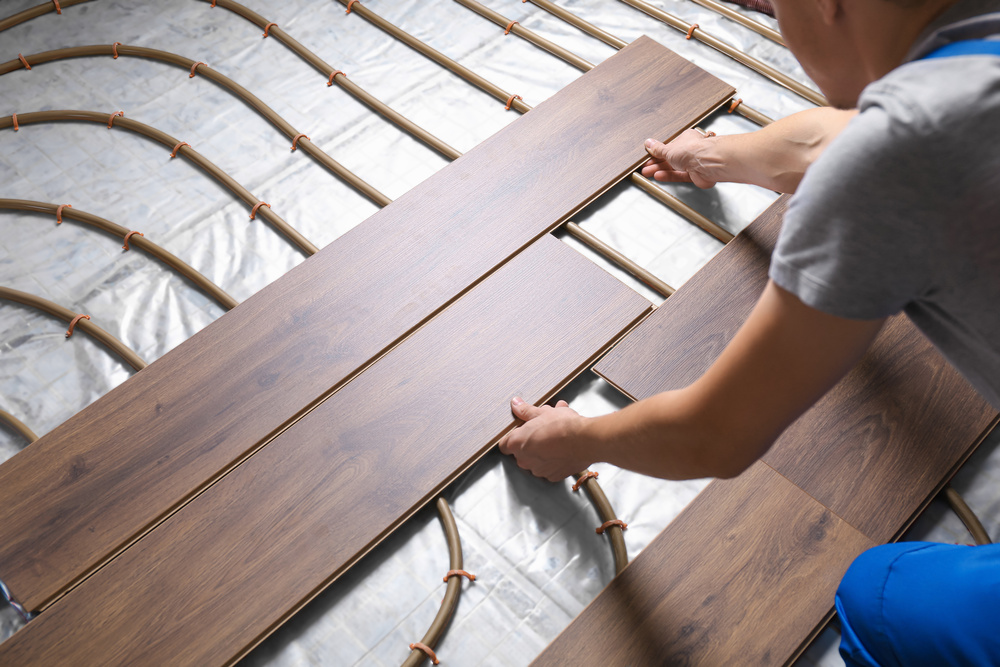
What Are the Pros and Cons of Radiant Floor Heating in Utah Homes?
September 11, 2025
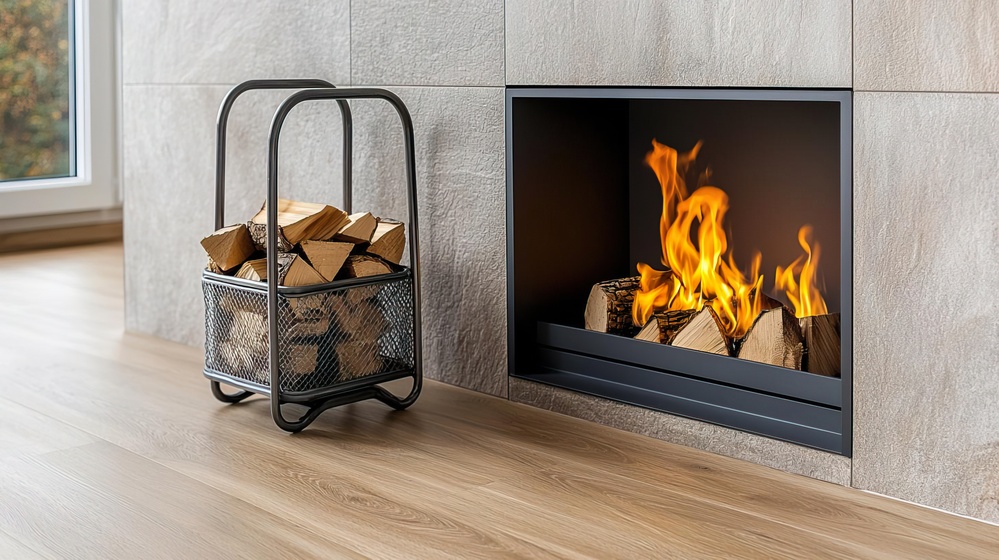
How a Fireplace Insert Can Boost Home Heating Efficiency
September 10, 2025

Utah’s Indoor Air Quality Issues (and How to Deal With Them)
August 21, 2025
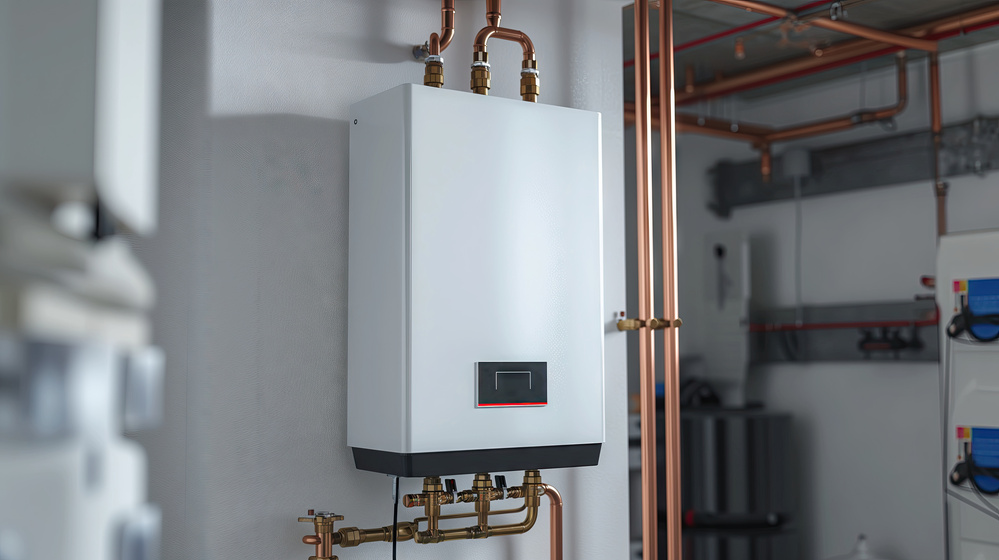
What Is a Tankless Water Heater and Should I Consider Getting One
June 25, 2025
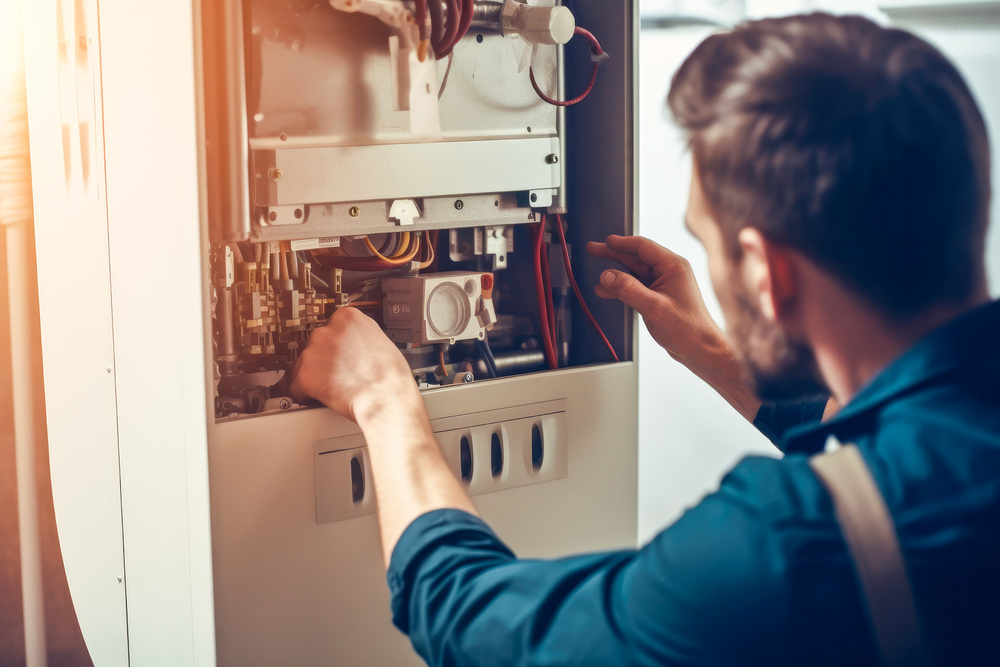
Is Summer a Good Time to Have Furnace Maintenance Done?
June 24, 2025
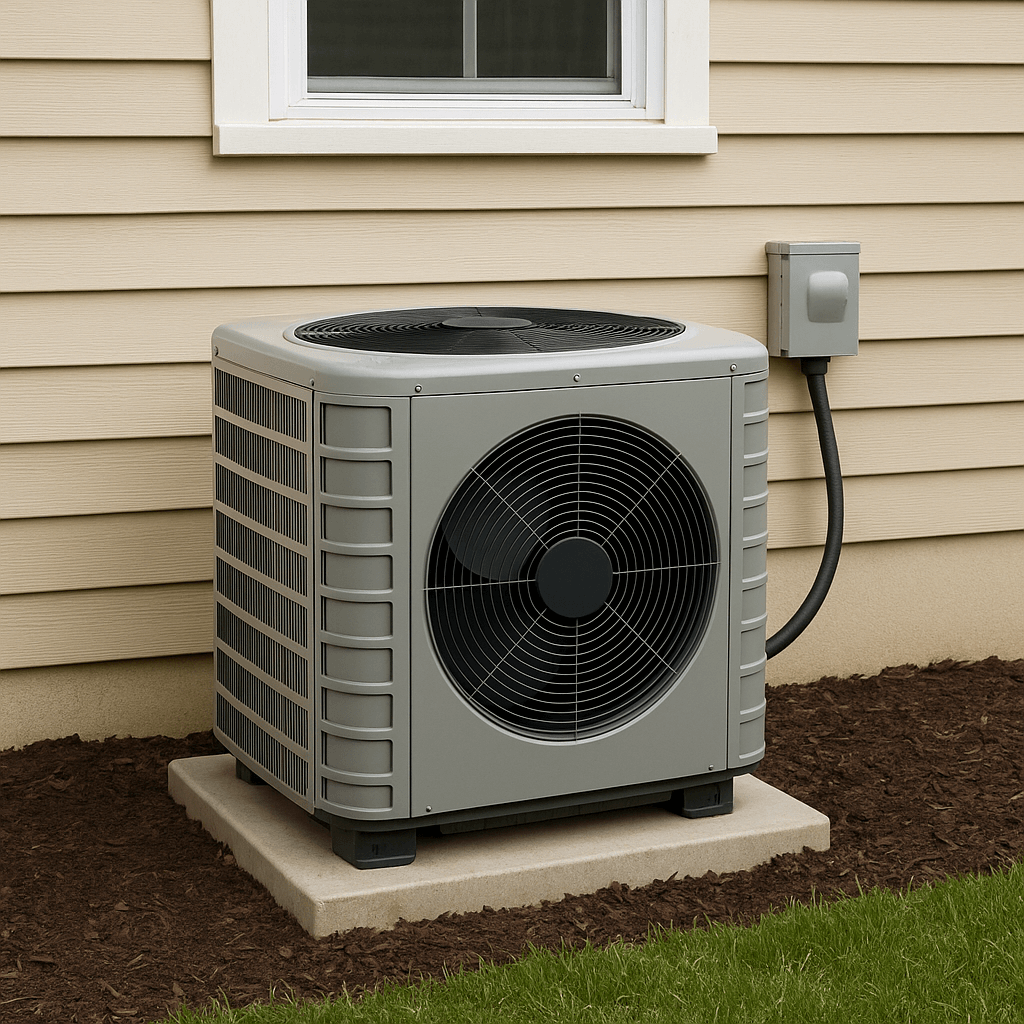
Common Air Conditioner Mistakes That Can Cause You Problems
May 29, 2025

